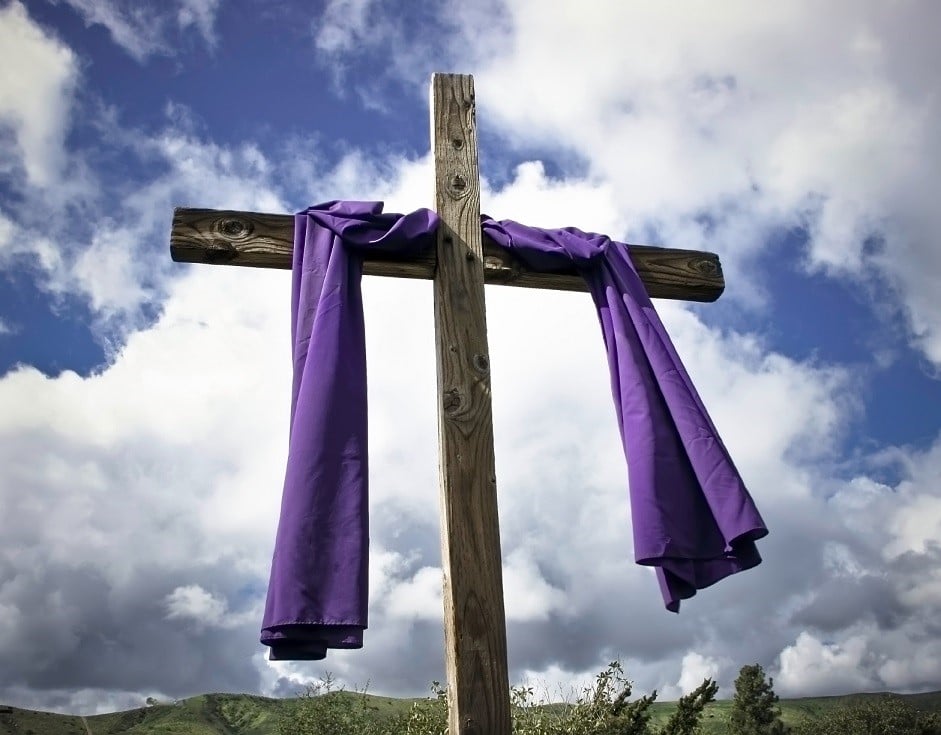Introduction:
As the Lenten season approaches, many Christians seek meaningful ways to engage with their faith in a contemporary context. While traditional practices like fasting and prayer remain relevant, there is a growing interest in progressive spirituality that integrates social justice, environmental stewardship, and inclusive theology into Lenten observance. In this blog post, we’ll explore some innovative and inclusive practices that can deepen one’s faith during Lent in today’s world.
Mindful Consumption:
In an era of consumerism and excess, Lent offers an opportunity to cultivate mindfulness and simplicity. Progressive Christians may choose to engage in mindful consumption practices during Lent, such as reducing waste, supporting ethically sourced products, and practicing conscious spending. This can be done through initiatives like buying local, reducing plastic usage, or participating in a “buy nothing” challenge for the duration of Lent.
Social Justice Initiatives:
Progressive Christianity places a strong emphasis on social justice and activism. During Lent, individuals and communities can deepen their faith by engaging in acts of solidarity and advocacy for marginalized communities. This may involve volunteering at local shelters, participating in advocacy campaigns for racial justice or LGBTQ+ rights, or supporting organizations that work towards systemic change and equity.
Environmental Stewardship:
The call to care for God’s creation is central to progressive spirituality. Lent offers an opportunity to deepen this commitment through environmental stewardship practices. This can include reducing carbon footprints, planting trees, participating in community clean-up efforts, or adopting sustainable living habits. Some may choose to undertake a “carbon fast” during Lent, focusing on reducing energy consumption and waste.
Inclusive Theology and Dialogue:
Progressive Christianity embraces diversity and inclusivity in theological exploration and dialogue. Lent can be a time to engage with inclusive theology that affirms the dignity and worth of all people, regardless of race, gender, sexuality, or ability. This may involve participating in study groups or book clubs focused on inclusive interpretations of scripture, attending workshops on LGBTQ+ inclusion in the church, or engaging in interfaith dialogue with communities of other faith traditions.
Contemplative Practices:
In the midst of busy schedules and digital distractions, Lent invites us to cultivate moments of stillness and contemplation. Progressive Christians may deepen their faith through contemplative practices such as meditation, mindfulness, or labyrinth walking. These practices can help individuals connect with the sacred, listen to the inner voice of wisdom, and nurture a deeper sense of spiritual presence and awareness.
Conclusion:
As we journey through Lent in the 21st century, progressive spirituality offers a rich tapestry of practices that can deepen our faith and enrich our connection with God, humanity, and the planet. By embracing mindful consumption, social justice initiatives, environmental stewardship, inclusive theology, and contemplative practices, we can engage with Lent in ways that resonate with our values and contribute to a more just, compassionate, and sustainable world. May this Lenten season be a time of growth, transformation, and renewal for all who seek to deepen their faith in the spirit of progressiveness and love.









